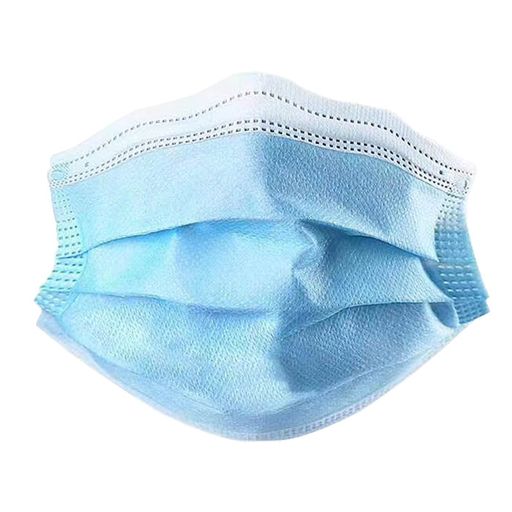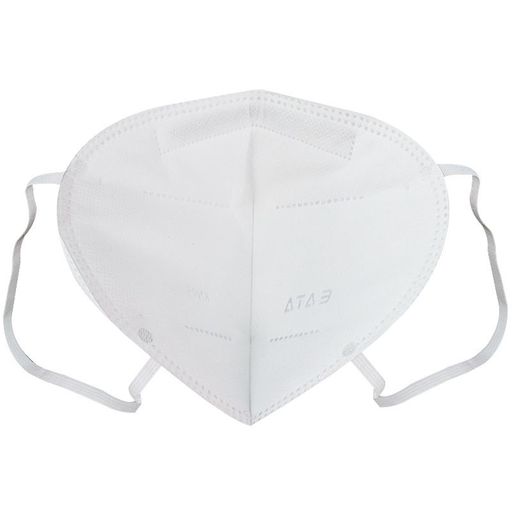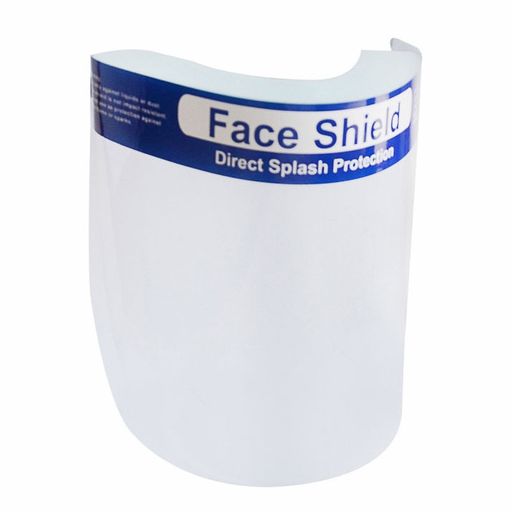A lot of people are asking what is the difference between normal face masks, N95, KN95 , KF94, FFP2 respiratory face masks and face mask shields? What is the best face mask for Coronavirus?
Compare N95 vs KN95 vs FFP2 face masks
In summary, they are basically all the same. They stop 95% of particles >0.3 microns in size. KN95, KF95 and FFP2 face masks are N95 face mask alternatives & N95 equivalents. The N95 is the USA Code, KN95 is China code, KF94 is Korea code and FFP2 is the EU code, this includes the UK. Please note you can't wear N95, KN95 and FFP2 masks if you have a beard or stubble.
Can wearing a normal medical face mask protect you from Coronavirus?
A regular, loose fitting face mask can help you stop spreading sneezes, coughs and fluids to other people. This is how the Coronavirus spreads. People wearing face masks should dispose of them after every use.

Can a respiratory face mask stop the Coronavirus?
Yes, respiratory face masks (they fit tightly around your nose and mouth), commonly known as N95 face masks can protect against the virus if you wear and use them correctly. You need to fit them correctly so they are tight to face.
These
masks are thicker than a normal medical mask. However, they need to be
fitted properly, and they are not designed to be used for a long period.
30 minutes is an average time to wear. Dispose of the face when it gets
wet or dirty. A typical respiratory face mask will last over 1 week.
Wear when you are near to other people, for example, in an office or
when traveling on public transport.
Some users will have trouble breathing.

Can a Virus Face Mask Shield stop the Coronavirus?
Yes, Face Mask Shields are made out of plastic and will stop respiratory droplets (coughs, sneezes and other fluids) going in your mouth, eyes and nose. This is how the Coronavirus spreads.
This is what Coronavirus testing teams and teams treating patients with the virus wear to protect themselves from catching the coronavirus.
Some people wear a face mask and a face mask shield.

In summary, different countries use different codes and numbers to name their respiratory face masks. They are all very similar: the N95 is the USA standard; the KN95 is the China standard; the KF94 is the Korean standard; and FFP2 is the EU standard, which includes the UK.
The most commonly known respirator rating is the NIOSH system, which rates masks as N95, N99, and N100. These masks are rated by the American National Institute for Occupational Safety and health, which is part of the CDC.